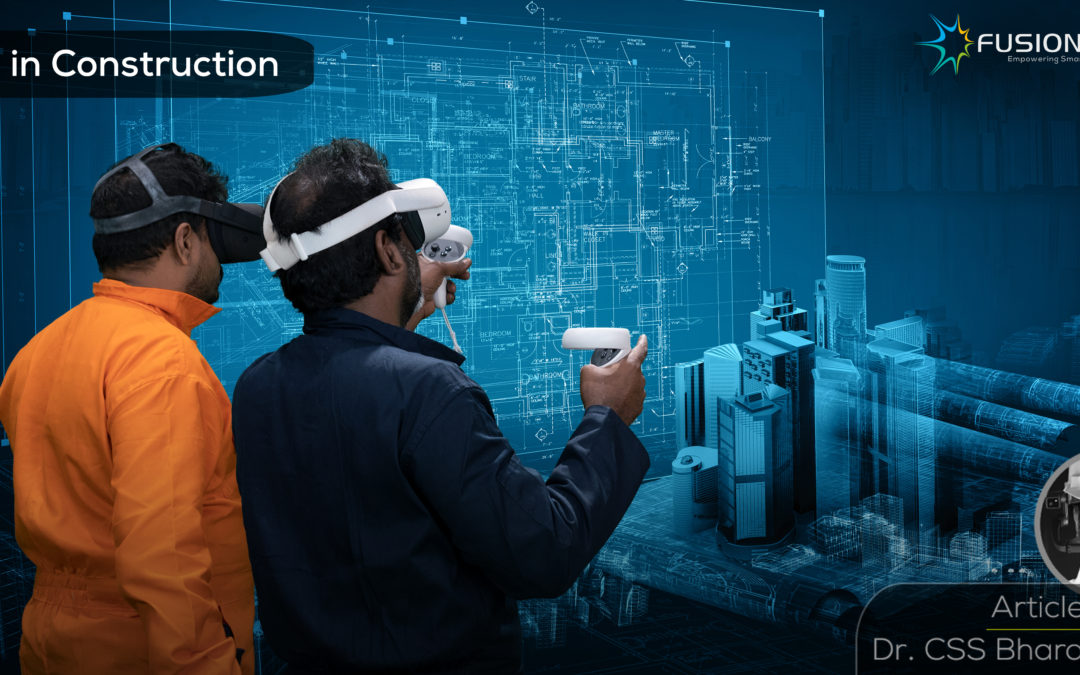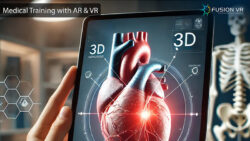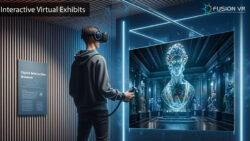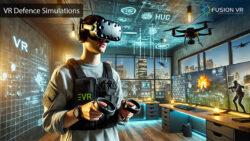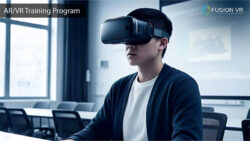Are you seeking a better design process for your next building project? Do you feel you didn’t successfully deliver on project requirements? Does your team believe many mistakes are made during construction which led to a lot of rework and repairs?
If your answer is yes to these questions, you can solve these issues with virtual reality in construction. Most construction managers and engineers may wonder what virtual reality has to do with engineering and construction, but there is! VR has been for the most part of its history associated with gaming and entertainment, but it has acquired broader and more meaningful applications across a wide spectrum of industries. With increased support for digitalization, I would say that VR technology will transform the future of the construction industry.
Any construction project has an exhaustive list of requirements, specifications, deliverables and often short timelines. At the end of any project, clients expect the finished construction to look, feel and function the way they expected it. Most would not argue with a client that their satisfaction is important.
Often, there are many stakeholders and if their expectations are not met, the common feedback is that the design was not good enough. While it’s impossible to satisfy everyone, VR gets you closer to that goal.
With design drawings being two dimensional, it’s hard for everyone to accurately visualize what the finished building or facility is actually like. Today, VR enables all stakeholders to enter and experience virtual models that represent the finished building and provide feedback to the design team on changes and improvements needed. VR engineers use the design information and data from the Building Information Modeling files to create virtually what would be created in brick and mortar a couple of years later.
Overcoming Challenges and Embracing the Potential of VR in Construction
All you need to do is don a VR headset and get fully immersed in a digitally created VR environment and experience everything with navigation in all six degrees of freedom. This is a super-efficient way to deliver what clients want before anything is really built.
Design enhancements can be made quickly and they can be verified and validated by an expert group residing in any part of the world. Such reviews can be done simultaneously, separately and sequentially. Multiple people can participate in the virtual space, represented by their own avatars and complete a thorough design review and obtain stakeholder buy-ins within a much shorter timeframe and at a fraction of the cost. VR technology is not only making design processes effective but also cost-efficient and passes on the cost savings to clients.
Getting it right the first time is highly critical in the construction industry. The VR models and solutions developed can be used to educate all personnel on the construction process and what the finished product looks like. It can also explain how to meet customers’ design and functional requirements, leading to better coordination between design and construction teams. Effective training programs can be designed for all personnel to ensure the construction is of high quality with optimal resources.
Various construction approaches can be debated and finalized by involving multiple contractors so that conflict is minimized. Repetitive training and evaluations can be conducted to establish competencies that will deliver quality construction, improved productivity and lower construction costs.
Some people believe that the development cost of VR technology in construction is higher, along with privacy concerns, theft of intellectual property and a steep learning curve for people unfamiliar with this technology. This is true, for all disruptive technologies and it’s proven that people adapt very quickly after seeing the immense advantages it provides.
The use of virtual reality in construction is a game-changer and leading construction firms are actively deploying them as part of their digital transformation strategy. With the explosive growth of VR everywhere, the writing on the wall is clear! VR and Industry 4.0 technologies are essential for 21st-century success.
Future growth targets can be achieved by effectively harnessing the power of VR in the construction industry. Reach out to Fusion VR for a demo and witness our capabilities to assist you effectively.

